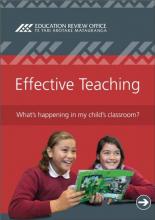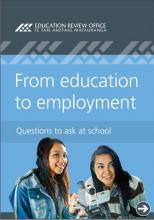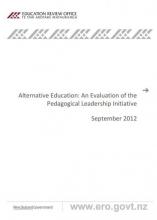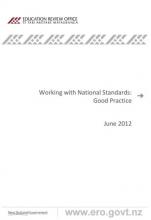Your child's education
These booklets have been written for everyone who parents a child - those who have care and responsibility for children attending a school. The booklets include questions you can ask, as well as general information that you may find useful. Click on the booklet to read and download.
Your child's education is an overview of education in New Zealand, from early childhood education through to secondary school. The information and questions are a useful insight into what education looks like in New Zealand and the opportunities available to your child.






